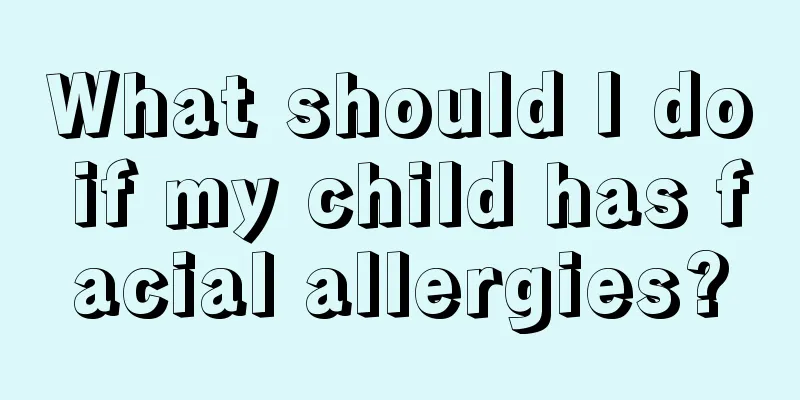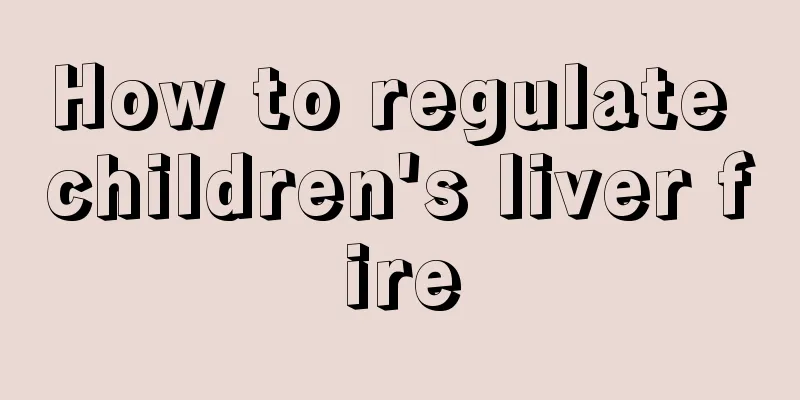How many months is it normal for a child to have teeth?

|
Teething is a normal developmental process from infancy to childhood. It should be said that most infants and young children will start to grow teeth after six months. Of course, since each child has certain differences in physique, physical development and other aspects, their teething cycles will also be different. But generally speaking, if teeth grow within the normal range, it can be understood as a normal phenomenon. How many months does it take for a baby to have normal teeth? 1. When a child is born, there are no teeth in the mouth. About 6 months after birth, the mandibular central incisor begins to erupt, and all the deciduous teeth will not erupt until the child is 2 and a half years old. 2. Within 1 year after the baby is born (1.5 months to 11 months), all deciduous teeth enamel mineralization is completed, and within 2 years after birth (6 months to 24 months), all deciduous teeth erupt. Therefore, if a child develops systemic or local disorders within one year after birth, it will affect the development of deciduous tooth enamel, leading to tooth development defects and susceptibility to dental caries. 3. There are great individual differences in the timing of tooth eruption. This is very important because of individual differences. Some children's teeth erupt early, while others erupt late. However, as long as it is within the range of individual differences, it is normal. Generally, teeth will grow between 4-6 months. There are 20 deciduous teeth in total, 10 on the upper and 10 on the lower teeth, forming the upper and lower dentitions. Each dentition consists of 4 incisors, two canines and 4 molars. The eruption of deciduous teeth occurs in a certain order, with the first deciduous central incisor of the mandible being the first to erupt. Between August and October, the maxillary central incisors begin to erupt, followed by the mandibular lateral incisors. Two months later, the maxillary lateral incisors erupt, followed by the lower first deciduous molars, upper first deciduous molars, lower canines, upper canines, lower second deciduous molars, upper second deciduous molars… Most babies' teeth erupt in this order, but there are individual differences. Every baby has his or her own teeth eruption order, and there is no problem with teeth erupting in a disorderly order, so parents do not need to worry. Reasons for late teething in babies The early or late growth of teeth in babies is related to the baby's own factors. Some babies start to grow teeth late, only at the age of one. The teething cycle of babies is different. Although the first tooth should grow at about 6 months old, for deciduous teeth, the time difference of teething is within half a year, and the reasonable time difference of permanent teeth can even be extended to 1 year. Therefore, there is generally no need to worry too much. Usually it is just the difference in the speed of tooth growth, which will not affect the function of the teeth. Common reasons for delayed tooth growth in babies include: 1. Inherited The main reason why babies grow teeth slowly is genetics, including family medical history, race, and even gender differences. According to most research reports, baby girls start to grow teeth earlier than baby boys. 2 Acquired Environment In addition to congenital genetic factors, the acquired environment may also indirectly cause slow tooth growth. Take a premature baby for example, the time of his teeth growth must be deducted from the time of premature birth, so that the conclusion drawn can be more accurate. If the baby is born prematurely at 30 weeks of gestational age, the first tooth must be delayed by 10 weeks (usually 6-8 months after birth). In addition, babies who are born with low birth weight are also likely to have slow teething problems. 3 Systemic diseases Down syndrome, abnormal pituitary secretion, ectodermal dysplasia syndrome, etc. may all cause differences in the speed at which babies grow teeth, and blood tests must be performed to determine the true cause. 4 Trauma and infection If the baby's deciduous teeth are of different heights, it is very likely that the teeth have been hit by external force, causing the ligaments connected to the teeth to necrotize and be replaced by new bone (bone adhesion). From the outside, it seems that only one tooth is growing slower, but in fact it will affect the eruption of permanent teeth. If a baby loses his deciduous teeth prematurely, connective tissue will form on the surface of the gums. If the permanent teeth have not fully grown at this time, they will be compressed and cause the permanent teeth to erupt more slowly. In addition, sometimes the medications that babies take can cause the gums to thicken, making it difficult for teeth to emerge, and can also cause mothers to misunderstand that teeth grow more slowly. |
<<: What to do if your baby's teeth are not straight
>>: How to improve the fetal monitoring problem
Recommend
How much milk powder should a baby take in a week
Babies over one year old need to drink about 500 ...
Urethral stenosis in infants
Urethral stenosis is a common disease among infan...
What to do if your three-month-old baby gets cold and has diarrhea
Many parents will become very worried when their ...
What should I do if my child has phlegm in his mouth?
Having phlegm in the mouth is a very common pheno...
What is the reason for the child's
Children are weak, their immune systems are not a...
Can neonatal cerebral atrophy be cured?
Newborn babies have very weak body resistance and...
How to treat a child with a high fever of 39 degrees?
Many children have high fever problems, which ser...
How to supplement calcium for three-year-old babies
For babies, calcium supplementation helps their b...
6-year-old child has small pimples on his face
A six-year-old child has small pimples on his fac...
What causes redness in the corners of children's eyes?
If the corners of a child's eyes are red, it ...
What to do if your child has rhinitis and is blocked
Sometimes we see babies breathing through their m...
CPR for children
We may have seen many children suffering from neo...
Why does my child startle when sleeping at night?
Sleeping is particularly important for children b...
How to care for rough skin on baby's face
In life, you will find that some children's s...
What are the common symptoms of premature babies at 33 weeks of pregnancy?
What are the common symptoms of premature babies ...









